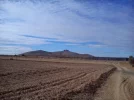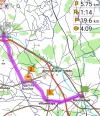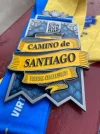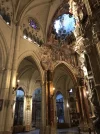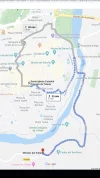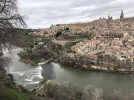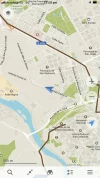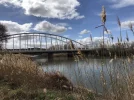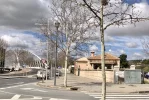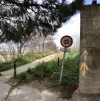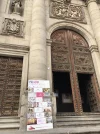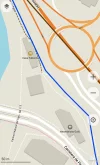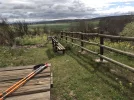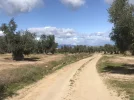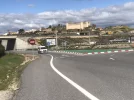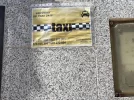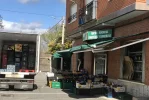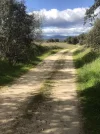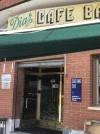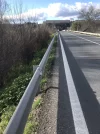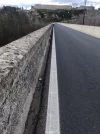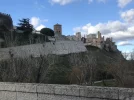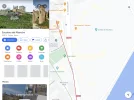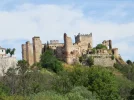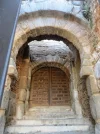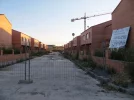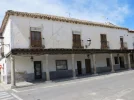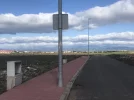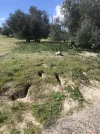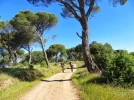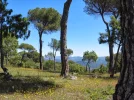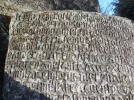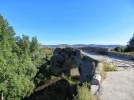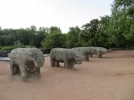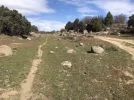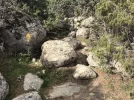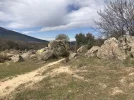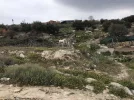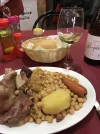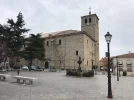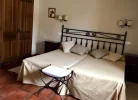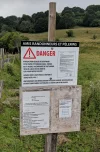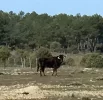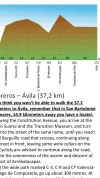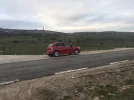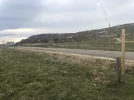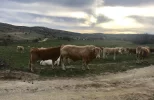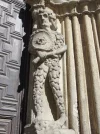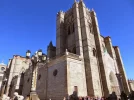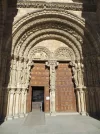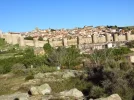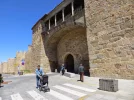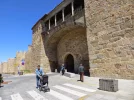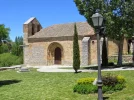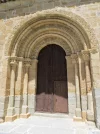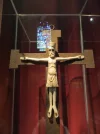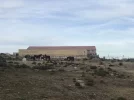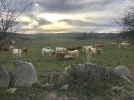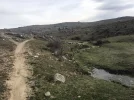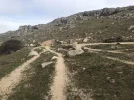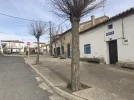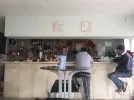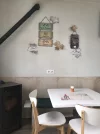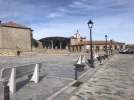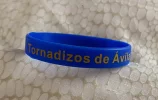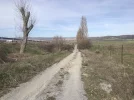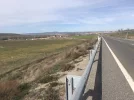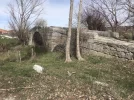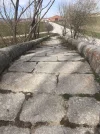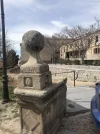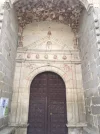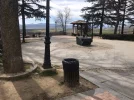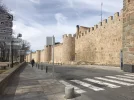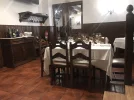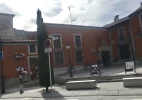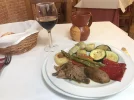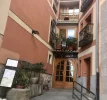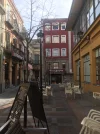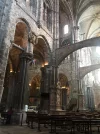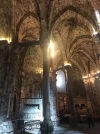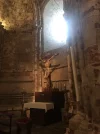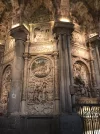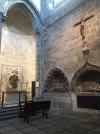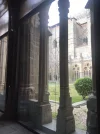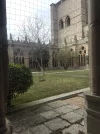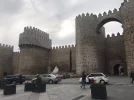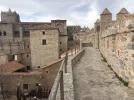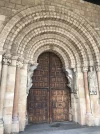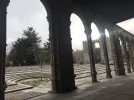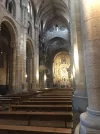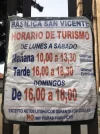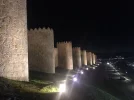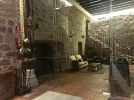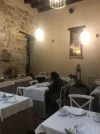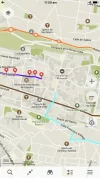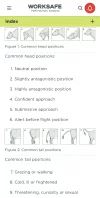Those of us in Australia have just learned that our borders are likely to stay closed until "the latter part" of 2021.

So I'll keep the dream alive here, virtually, on the Levante...
Day 31: Toledo to Torrijos
We have enjoyed Toledo, in particular thanks to
@peregrina2000 's
suggestion of purchasing the tourist bracelet.
I think it's a good thing we took a rest day in Toledo (even two days in real life...), as the stage ahead is a long one. It is the
published 17th stage, and it is 33.8 km. Not an issue for able bodied peregrin@s, but we slow walkers have to look at alternatives.
The first village after Toledo is called Rielves. It sits at 24.2 km from Toledo. The only accommodation that used to be available was the Casa Parroquial (the parish house). It has 4 places. Recent information from the Amigos' list of lodgings shows that it is temporarily closed. Gérard du Camino's update on 31 January 2020 confirms this. If it reopens when we walk in real life (not before late in 2021 for Australians...), this is where we'll break the stage for a night.
On this virtual Camino, we're going to assume that the casa parroquial is closed, so we will take an option that
non-purists take: transport from Toledo

In our case, we'd probably take a taxi for a few (say 4 or 5) km out of Toledo to shorten the walk even if Rielves was open. 33.8 km is definitely not doable for us, so here is what I found out.
The first option is using public transport:
Autocares Toletum have a regular service (at least 4 times a day) between Toledo and Rielves. 1.80€ per person for a 15 minute ride. We would then walk the remaining 9.6 km to Torrijos.
The second option is taking a taxi from Toledo for say 8 to 10 km. The walk out of Toledo is all on asphalt, as
@peregrina2000 reported in 2013:
The walk to Torrijos had a little more elevation gain than previously, and we could see we were entering an area of rolling hills. The first 8 kms out of Toledo are all on asphalt, which is never fun. There was one spot where we could turn around and see the Alcazar far off in the distance, and there we said goodbye to Toledo.
The driver could drop us off where the asphalt ends, and we could walk approximately 24 km to Torrijos.
After that point, we can enjoy the remainder of the walk, as
@peregrina2000 reported in 2013:
Once the asphalt ended, it was all wonderful walking terrain, mainly sandy gravel trails. The walk was much more varied than previous days -- we walked past huge horse farms, lovely fincas with lots of land, sheep farms, goat farms, cattle farms, and regular fields of grain, some of which looked pretty mature.
At one point we walked along the Guadarrama River, a tributary of the Tajo, and there we saw our first Cigueña City -- Storkville.
In Torrijos, there is a donativo albergue (the Amigos indicate it is actually free), with keys from the local police station. There are 4 rooms with 2 beds each. The alternative lodgings are: Bar El Abuelo,
Hotel El Meson,
Hotel La Salve, and
Hotel Castilla.
There's ample choice for having a bite, with a list offered by the ayuntamiento's
website, and grocery stores.
And it looks like there's a few things to see:











